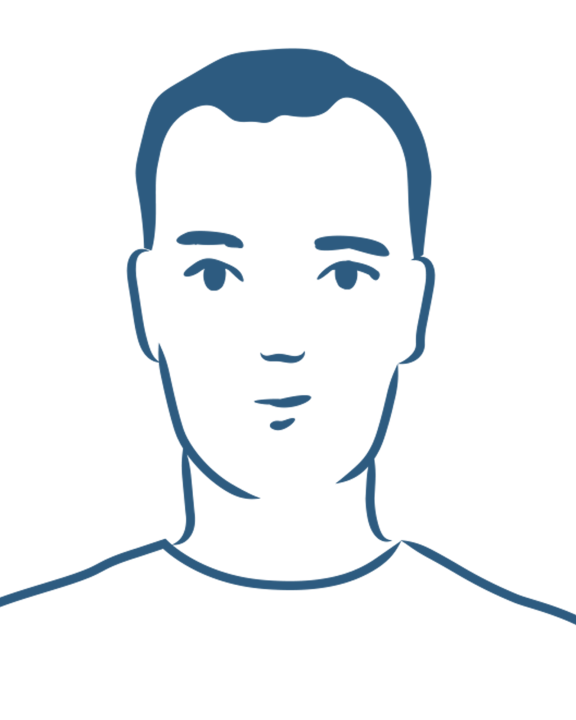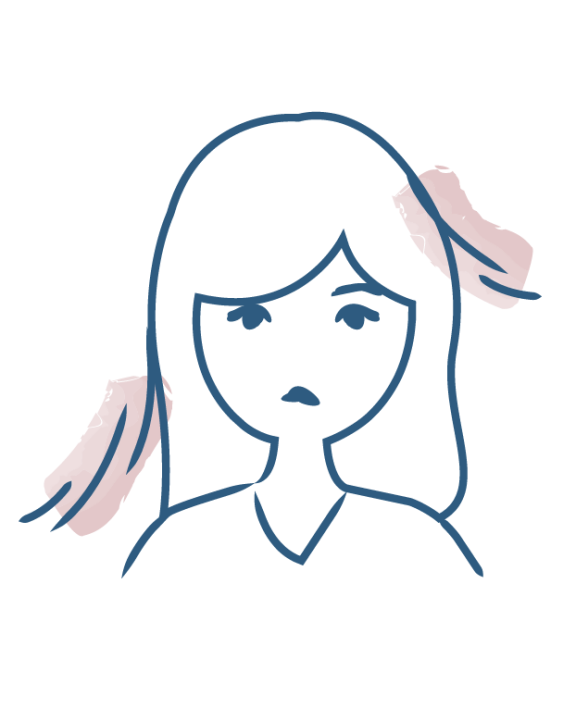-
Your concerns
Our articles to help you gain a better understanding
-
Our solutions
-
Ducray Dermatological laboratories
Our articles to help you gain a better understanding

Certain medicinal treatments have hair loss as a potential side effect. This is called drug-induced alopecia, and it has become an increasingly common problem.
Certain medications can unfortunately have devastating effects on the hair’s health and appearance. The first to come to mind are intense cancer treatments such as chemotherapy, which is known to cause the loss of various hair structures including hair on the head and body. These are not the only treatments, however, to have such an effect. Some more common medications can also cause alopecia.
Specialists have distinguished between three major categories of drug-induced hair loss:
Hormonal contraceptives can also contribute to hair loss. Several cases have shown a correlation between coming off the pill and hair loss. Stopping certain contraceptives can have a positive effect on hair quality, whereas others can cause diffuse hair loss. This hair loss is not localized to certain areas, but rather is spread out over the entire head. Other treatments can also cause drug-induced alopecia. The major drug classes to monitor are: anticoagulants, antidepressants, anticonvulsants, antihypertensive medications, certain anti-inflammatories, thyroid treatments, beta-blockers, certain anti-cholesterol treatments, medications containing lithium and retinoids.
Always ask your doctor about the known side effects before starting a medication.
Discover our complete range
Loss of hair density, thinning hair

Reactional loss of hair volume

Chronic loss of hair density

Reactional loss of hair volume

Reactional loss of hair volume

Chronic loss of hair density
NEWSLETTER
Dermatological expertise
To better understand your skin and hair, discover our exclusive content and innovative care products designed to improve your quality of life..